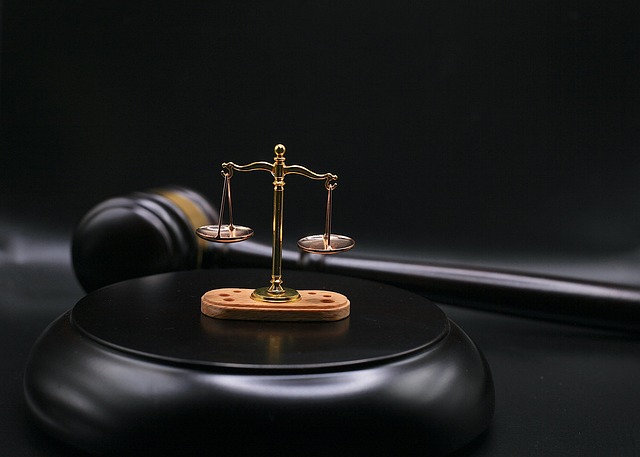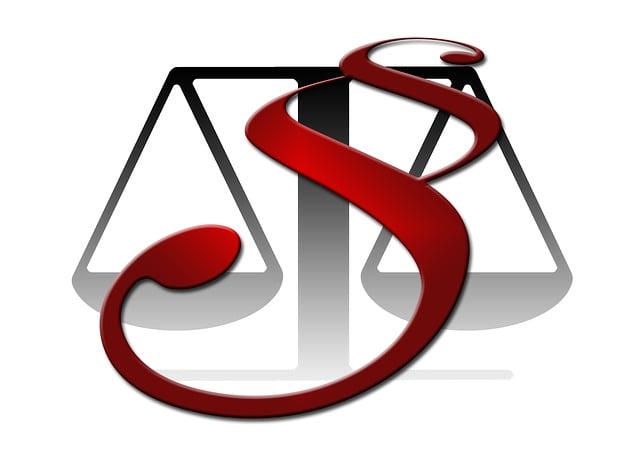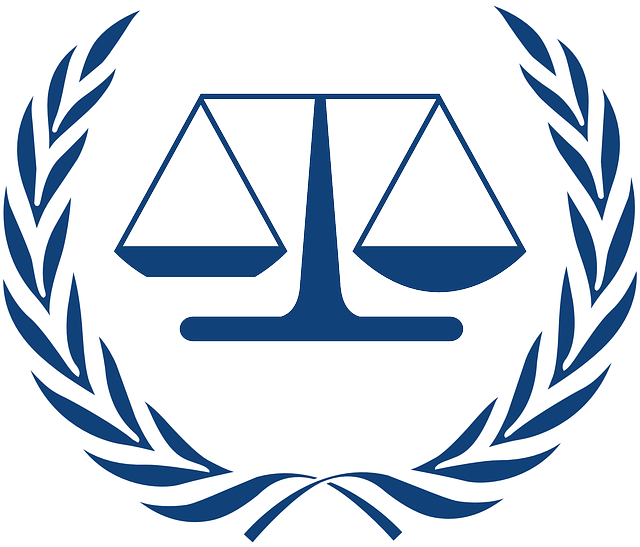Criminal justice defense hinges on fair trials, ensuring individuals accused of crimes receive robust, impartial treatment. Key principles include the presumption of innocence and the right to a present, informed defense. Skilled attorneys navigate complex laws, procedures, and strategies while prioritizing client confidentiality. Impartial jury selection, free from bias, coupled with ethical practices safeguards justice. The digital age introduces cybercrime complexities, demanding innovative tactics alongside legal expertise. Best practices ensure transparency, fairness, and adherence to due process for all involved in criminal justice defense cases.
In the pursuit of justice, ensuring fair trials is paramount for a functional criminal justice system. This article delves into the critical components that underpin fairness in criminal defense cases. We explore fundamental principles, starting with understanding the essence of a fair trial. Effective legal representation by criminal defense attorneys plays a pivotal role, along with preserving client confidentiality and impartial jury selection. We also address challenges inherent in criminal justice defense while offering best practices for achieving ethical and transparent trials.
- Understanding Fair Trial Principles
- The Role of an Effective Criminal Defense Attorney
- Preserving Client Confidentiality
- Ensuring Impartial Jury Selection
- Challenges in Criminal Justice Defense
- Best Practices for Ethical and Transparent Trials
Understanding Fair Trial Principles

In the realm of criminal justice defense, ensuring fair trials is paramount to upholding the integrity of the legal system. Fair trial principles are foundational, guaranteeing individuals accused of crimes the right to a rigorous and impartial process. This includes the presumption of innocence, where the burden of proof lies with the prosecution, ensuring no person is convicted without compelling evidence. Additionally, defendants have the right to be present at their trials, confront accusers, and access relevant evidence, allowing them to mount a robust defense.
These principles aim to protect against arbitrary or biased judgments, ensuring that justice is served impartially. In practice, this means judges, prosecutors, and law enforcement must remain neutral, adhering strictly to the facts and laws applicable to the case. Furthermore, effective legal representation is crucial; defense attorneys play a vital role in safeguarding these rights, guiding clients through complex legal processes, and advocating for their best interests.
The Role of an Effective Criminal Defense Attorney
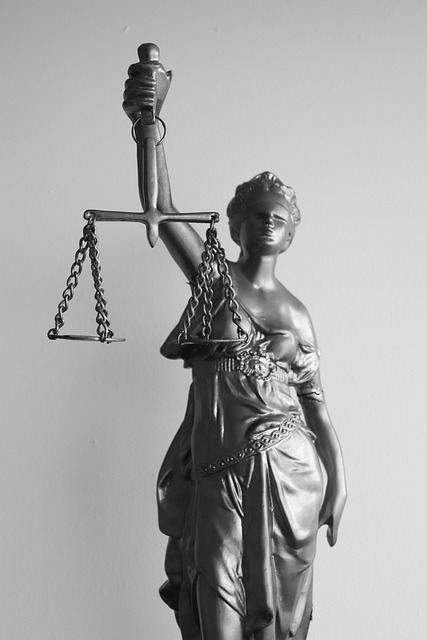
In any criminal justice defense case, an effective attorney plays a pivotal role in ensuring a fair trial. They are the guardians of the accused’s rights and primary advocates for their interests. A skilled criminal defense lawyer prepares a robust strategy, thoroughly examines evidence, and cross-examines witnesses to uncover discrepancies and weaknesses in the prosecution’s case.
Their expertise lies in interpreting complex legal principles, navigating intricate court procedures, and presenting compelling arguments to challenge the prosecution’s narrative. They provide vital guidance, offering objective insights that can significantly impact the outcome of the trial. An effective attorney also fosters trust with their client, encouraging open communication and ensuring every decision is informed and strategic, ultimately enhancing the chances of a favorable verdict.
Preserving Client Confidentiality

In the realm of criminal justice defense, preserving client confidentiality is paramount. This means ensuring that all discussions between the defendant and their legal counsel remain strictly private. It’s a cornerstone of the attorney-client relationship, fostering trust and encouraging open communication vital for building a robust defense strategy. Lawyers must adhere to strict ethical guidelines and secure case management systems to safeguard sensitive information from unauthorized access.
Confidentiality also extends to the protection of evidence and documentation exchanged between the client and their attorney. This includes any plea negotiations, strategic plans, and legal advice. In today’s digital era, leveraging secure communication channels and encrypted document storage becomes essential to maintain this confidentiality. By doing so, criminal defense attorneys ensure that their clients’ rights are fully protected throughout the legal process.
Ensuring Impartial Jury Selection

In the pursuit of justice within the criminal justice defense system, ensuring an impartial jury selection is paramount. This process acts as a cornerstone, guarding against potential biases that could skew trial outcomes. Jurors are chosen to represent a cross-section of the community, reflecting its diversity in race, gender, and socioeconomic backgrounds. A thorough vetting during jury selection helps identify any preconceived notions or conflicts of interest, allowing attorneys to challenge inappropriate prospects and secure a fair panel.
The mechanism involves comprehensive questioning designed to unearth biases or prejudices that might influence decisions. Potential jurors are evaluated for their ability to set aside personal beliefs and render verdicts solely based on the evidence presented in court. This meticulous approach fosters an environment conducive to unbiased deliberation, where facts and law prevail, ensuring a robust defense and the preservation of constitutional rights in criminal justice defense cases.
Challenges in Criminal Justice Defense

The landscape of criminal justice defense is fraught with challenges, necessitating a meticulous approach to ensure fairness in trials. One of the primary hurdles is the complex interplay between evidentiary rules and constitutional rights, where attorneys must navigate the fine line between presenting compelling evidence and respecting procedural barriers. The discovery process, vital for building robust defenses, can be labyrinthine, often leaving defendants’ representatives struggling to unearth exculpatory information in time.
Moreover, the dynamics of witness cooperation pose significant complications. In many cases, witnesses may be reluctant to come forward or may offer inconsistent statements, making it difficult for defense teams to construct coherent strategies. The digital age has also introduced new complexities, as cybercrime investigations raise unique issues regarding data privacy and admissibility. These challenges demand a multifaceted approach, emphasizing both legal acumen and innovative tactics to uphold the principles of justice within the criminal justice defense system.
Best Practices for Ethical and Transparent Trials
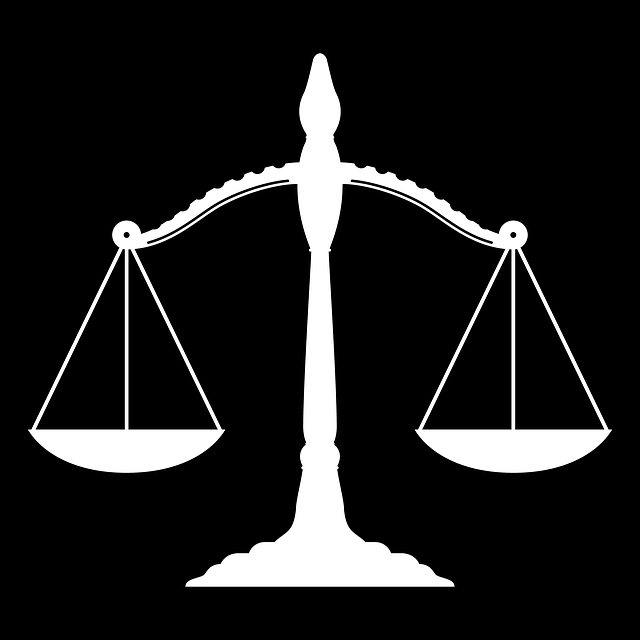
Ensuring ethical and transparent trials is paramount in the pursuit of fair justice within criminal defense cases. Key best practices involve fostering an environment free from bias, both perceptible and implicit. This includes rigorous adherence to due process, where every step of the legal procedure is meticulously followed, protecting the rights of both the accused and the prosecution.
Judges play a pivotal role in upholding these standards by remaining impartial, ensuring defense and prosecution have equal access to evidence, and promoting open communication. Additionally, implementing measures to prevent juror bias through thorough juror vetting and providing clear instructions on consideration criteria is essential. These practices collectively contribute to strengthening the integrity of criminal justice defense proceedings.
